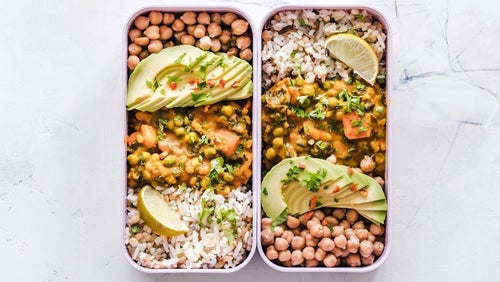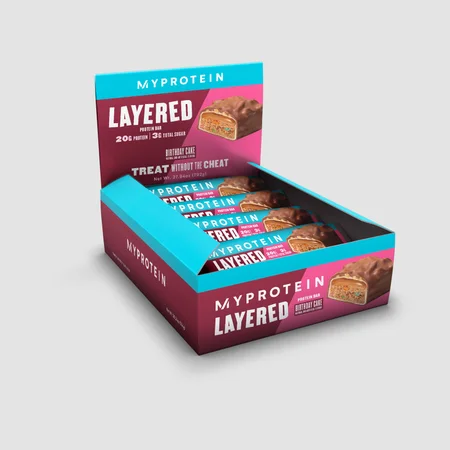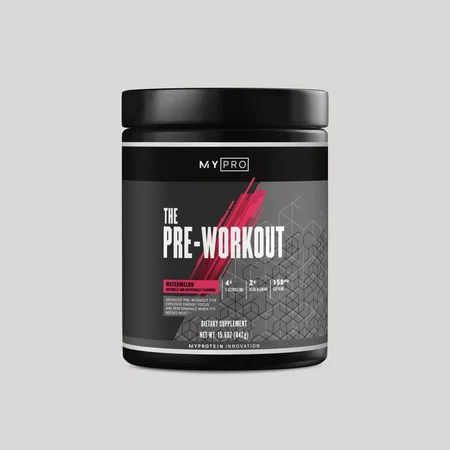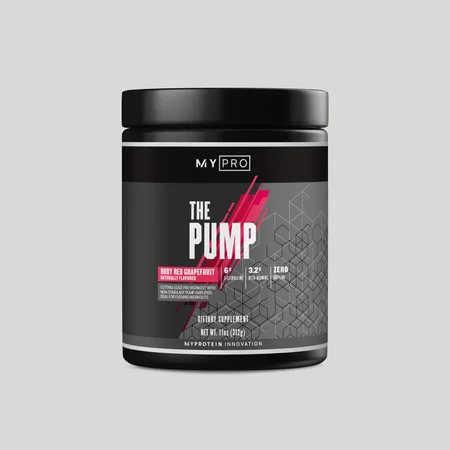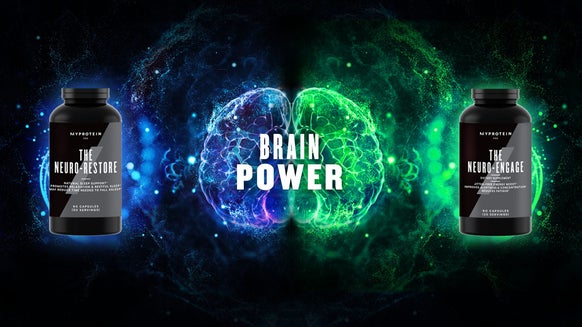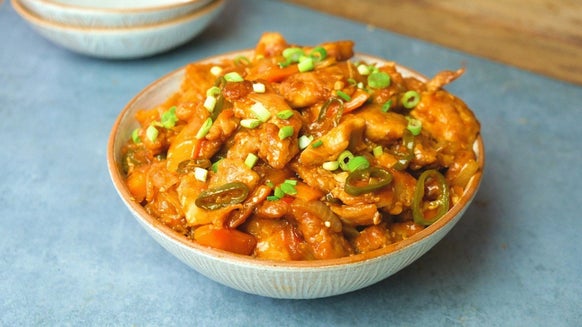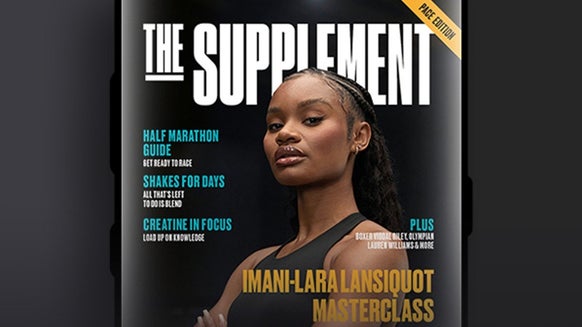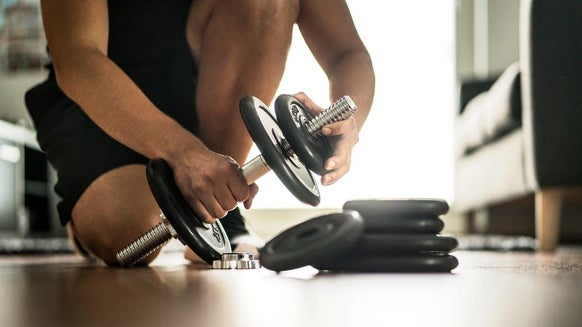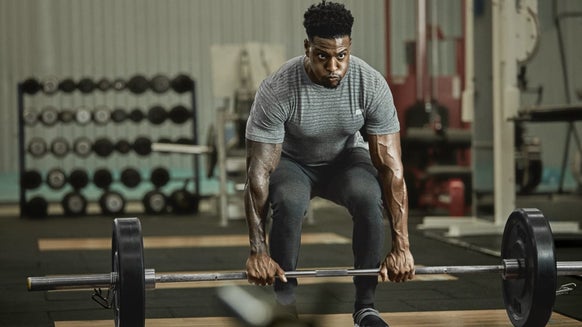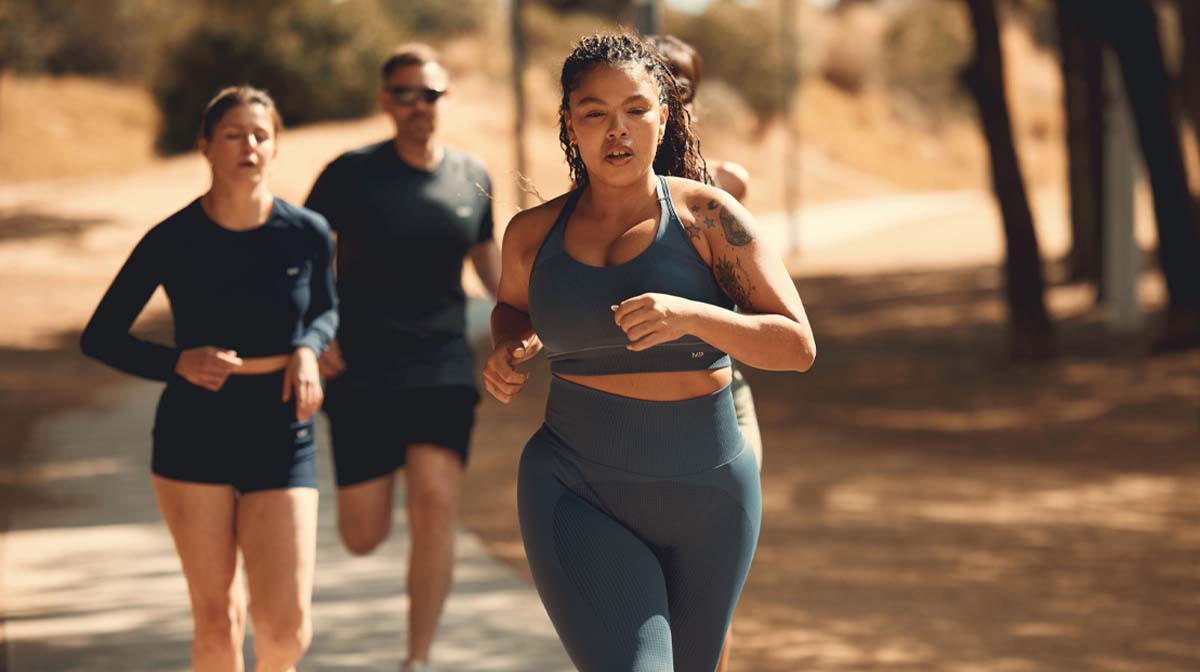
Sometimes it’s possible to get so caught up in what to eat after working out, you forget that what you eat before is just as —or arguably even more— important.
Pre-workout nutrition can have a big impact on how you perform. Here’s your guide to what to eat 30 minutes before working out.
What is a Pre-Workout Meal?
A pre-workout meal is what it sounds like: the food you eat before hitting the gym. The main purpose of this “meal” is to prepare your body for intense exercise by giving it the energy and nutrients it needs to perform at its best.
For best results, focus on carbohydrates and protein. Carbohydrates are the body’s main energy source, while protein is needed for building and repairing muscle. Get the balance right and you’ll maximize performance and recovery.
The smart approach to pre-workout meals is to be prepared. Plan ahead and cook your meals in advance to guarantee you get all the nutrients you need to make sure you perform at your best.
Why Does Pre-Workout Nutrition Matter?
OK, now for some science. During exercise, the body burns through adenosine triphosphate (ATP) at a higher rate than usual. ATP is essentially the energy “currency” of cells—you literally can’t move a muscle without it.
Carbohydrates are the body’s primary source of ATP—the majority of energy produced by the body, especially during exercise, comes from stored or recently consumed carbohydrates.1
Other nutrients, like fats and amino acids, are sometimes used for energy under certain conditions.2
But carbohydrates are by far the best thing to consume if you want to fuel your body for a workout. This is because they reduce the body’s need to rely on energy from stored glycogen, increasing endurance.3
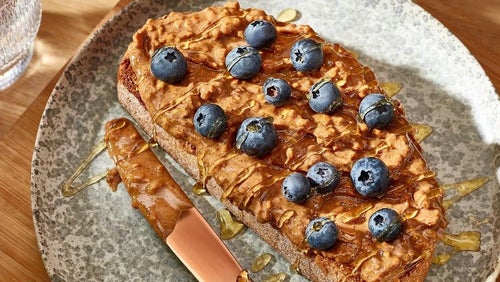
10 Best Pre-Workout Foods: What to Eat Before Exercise
What should you eat before the gym? A nutritionist reveals all ... ...
When Is the Best Time to Eat Before Working Out?
The "best" time to eat before working out depends on your schedule and preferences. If you’re an early riser, a small, carbohydrate-rich snack before exercise followed by a larger, better-rounded meal is the best way to go.
If you prefer to work out at midday, make sure your breakfast contains plenty of complex carbs and high-quality protein, then eat a smaller carb-rich snack up to an hour before exercise.
At both times, a cup of coffee or caffeine supplement can also provide a helpful boost, as caffeine can enhance exercise performance.4
Evening trainers should do the same, focusing on carbohydrates and protein, but may be advised to skip the caffeine so late in the day, as it may disrupt sleep.
What Should I Eat 30 Minutes Before a Workout?
Before working out, you want to eat something that’s quickly and easily digested, with plenty of nutrients and energy. Fortunately, nature has already come up with the perfect pre-workout snack–bananas.
Other excellent pre-exercise nutrition options include bagels, rice cakes, cereal, coconut water, other fruit like pineapple and watermelon, and sports supplements like protein bars, carb gels, and isotonic drinks.
The Types of Workouts You Can Do 30 Minutes After Eating
Generally, you should wait 30 minutes before engaging in physical activity after eating, but there are some low-impact exercises you can do in this time. Walking and stretching, for instance, can help with digestion and blood flow while getting you prepared for your workout. After half an hour, you’re free to move on to more intense activity like cardio or strength training.
Take Home Message
A well-planned pre-workout meal can elevate your fitness journey to new heights. By putting the right nutrients into your body at the right time, you can be fully energized and ready to perform at your best.
So, the next time you hit the gym, make sure to have a delicious, nutritious pre-workout meal beforehand. You’ll be amazed at the difference it can make.
READ THESE NEXT:

- Mul JD, Stanford KI, Hirshman MF, Goodyear LJ. Exercise and Regulation of Carbohydrate Metabolism. Prog Mol Biol Transl Sci. 2015;135:17-37. doi: 10.1016/bs.pmbts.2015.07.020. Epub 2015 Aug 20. PMID: 26477909; PMCID: PMC4727532.
- Noakes TD, Prins PJ, Volek JS, D’Agostino DP, Koutnik AP. Low carbohydrate high fat ketogenic diets on the exercise crossover point and glucose homeostasis. Front Physiol. 2023 Mar 28;14:1150265. doi: 10.3389/fphys.2023.1150265. PMID: 37057184; PMCID: PMC10086139.
- Kerksick CM, Arent S, Schoenfeld BJ, Stout JR, Campbell B, Wilborn CD, Taylor L, Kalman D, Smith-Ryan AE, Kreider RB, Willoughby D, Arciero PJ, VanDusseldorp TA, Ormsbee MJ, Wildman R, Greenwood M, Ziegenfuss TN, Aragon AA, Antonio J. International society of sports nutrition position stand: nutrient timing. J Int Soc Sports Nutr. 2017 Aug 29;14:33. doi: 10.1186/s12970-017-0189-4. PMID: 28919842; PMCID: PMC5596471.
- 4. Guest NS, VanDusseldorp TA, Nelson MT, Grgic J, Schoenfeld BJ, Jenkins NDM, Arent SM, Antonio J, Stout JR, Trexler ET, Smith-Ryan AE, Goldstein ER, Kalman DS, Campbell BI. International society of sports nutrition position stand: caffeine and exercise performance. J Int Soc Sports Nutr. 2021 Jan 2;18(1):1. doi: 10.1186/s12970-020-00383-4. PMID: 33388079; PMCID: PMC7777221.
